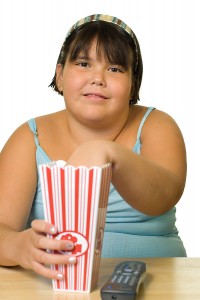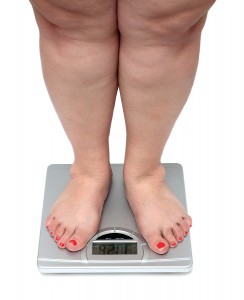 A reader of my eBook on emotional eating, Susan Vendeland, just posted on my blog. Because she points out that a lot of current research validates my approach for eliminating overeating, I wanted to share it with you.
A reader of my eBook on emotional eating, Susan Vendeland, just posted on my blog. Because she points out that a lot of current research validates my approach for eliminating overeating, I wanted to share it with you.
“Thank you for your generous sharing of your report. [http://emotionaleatingreport.com] I began teaching a college course this last semester, the Prevention of Obesity and Eating Disorders. We talked about emotional eating both as a personal problem linked to obesity and eating disorders and as a community health problem.
 “I appreciate your insight into the genesis and healing of emotional eating and this is consistent with approaches taken by those who treat eating disorders including binge eating disorder. A report by the Hartman group, a market research firm in Seattle, addresses the cultural aspects of overeating in America and basically describes the widespread social acceptance of emotional eating as the driver for the ‘obesity epidemic.’
“I appreciate your insight into the genesis and healing of emotional eating and this is consistent with approaches taken by those who treat eating disorders including binge eating disorder. A report by the Hartman group, a market research firm in Seattle, addresses the cultural aspects of overeating in America and basically describes the widespread social acceptance of emotional eating as the driver for the ‘obesity epidemic.’
“In my course, we focus on emotional self-awareness, intuitive eating, awareness of weight discrimination and self and body acceptance to address out of control eating.
I listened to the video and appreciate what Donna [Bauer, http://emotionaleatingreport.com/blog/donna/] said about celebratory eating as well. Researchers at UCSF (Mary Dallman’s group) and others have provided evidence and a neuro-physiological explanatory model for comfort or stress eating so acceptance in the scientific community of this adverse habit is growing.
“Do you have plans to demonstrate the effectiveness of your treatment in a randomized controlled trial anytime soon? [I am very interested in conducting such a study as soon as we find a university that wants to do such a study with us.]
“I would also like to tell you that I really appreciated the way you tried to encourage Donna to get in touch with how good she feels in multiple dimensions from gaining control of her eating (and the self-respect that accompanies that) rather than just the pleasure of losing weight and receiving myriad compliments.
“There are many people who emotionally eat but are not necessarily overweight. They may do large or even excessive amounts of exercise to compensate so weight loss should not be the goal, but rather energy, health, vitality, wellness, feeling in control, and knowing how to deal with the reality of our emotional selves. [Our goal is to help clients stop their emotional eating, which will ultimately reduce their weight, but our focus is not on weight loss as such. That is focusing on a symptom, not the cause.]
“Thanks again. You are doing very good work.”
For more details, please see my eBook, The Secret to Ending Overeating For Good, at http://emotionaleatingreport.com. You also can get answers to specific questions at my office, 415-884-0552.
Copyright © 2011 Morty Lefkoe




